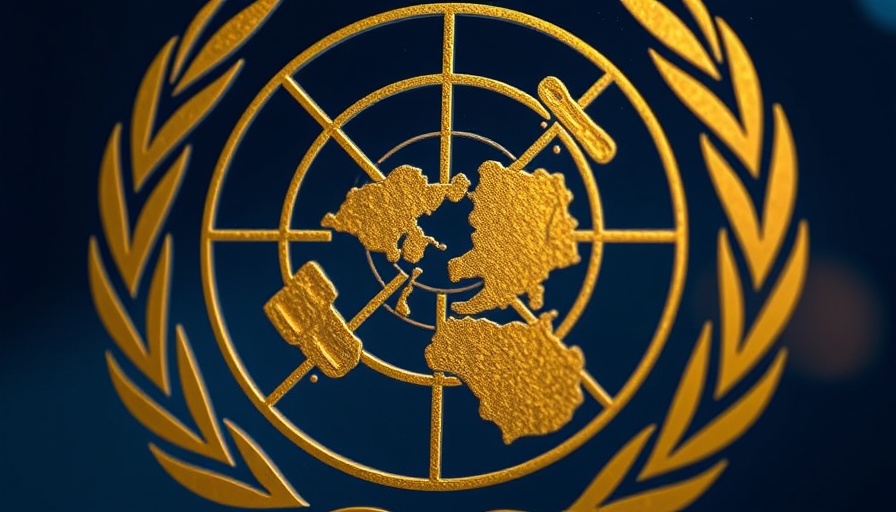
Understanding HHS's Decision: A Critical Juncture
In a surprising move, the U.S. Department of Health and Human Services (HHS) rejected amendments to the International Health Regulations (IHR) proposed by the World Health Organization (WHO). Health Secretary Robert F. Kennedy Jr. accused the amendments of granting WHO "unprecedented power" and warned of potential global medical surveillance. This decision has sparked discussions around the implications for U.S. health policies and international cooperation in managing global health crises.
Political Theater or Genuine Concern?
Experts argue that the rejection may primarily serve as political theater rather than a sincere effort to enhance U.S. health sovereignty. Lawrence Gostin, an international health law expert, highlighted that this move might reinforce a narrative set during the Trump administration, which already indicated disinterest in WHO initiatives. Moreover, without participation in the IHR amendments, the United States risks impairing its ability to access essential health data from other nations during pandemics. Efficiently fighting infectious diseases requires cooperation and timely sharing of information.
What This Means for Future Health Protocols
With the U.S. opting out of these regulatory amendments, the potential for timely response to emerging health threats may be compromised. The IHR regulations are designed to facilitate communication among nations during health emergencies, and the U.S.'s absence could hinder global readiness and response efforts. Ultimately, this decision raises significant questions about how the U.S. positions itself in the global health arena and what that means for public health outcomes at home and abroad.
Impact on Public Health and Policy
There are broader implications for public health funding and its intersection with legislative actions. Recent cuts to foreign aid and public broadcasting, as noted by Congressional Republicans, suggest a trend towards prioritizing national over global health interests. This might foster a climate of isolation rather than collaboration, impacting critical health initiatives that rely on international cooperation.
 Add Row
Add Row  Add
Add 




Write A Comment